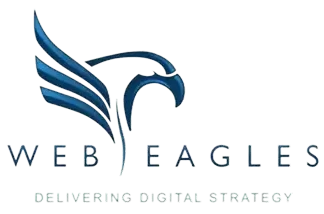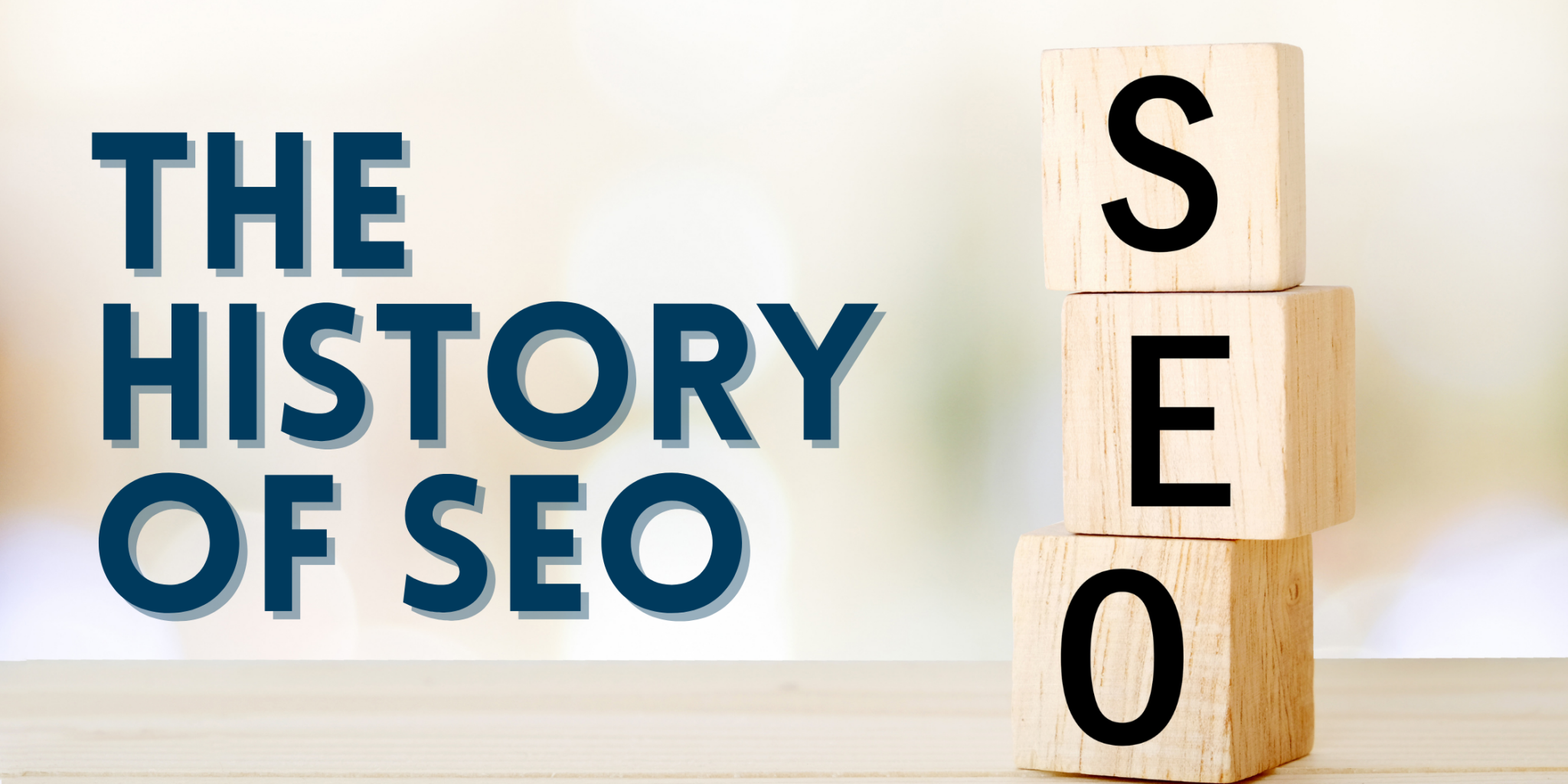The History of SEO
Before we dive into the history of SEO, it is important that we define what SEO is. SEO stands for Search Engine Optimisation; the process ensures that your customers find your website by optimising your online presence for search engines such as Google. SEO is an organic process that helps increase the quality and quantity of traffic to your website through unpaid search engine results. To gain a better understanding of SEO and its importance, we need to look back at its origin.
So, how did SEO start?
It is believed that SEO was born in 1991 – that’s right, SEO is a millennial! Around this time, the world’s first website was launched, and then one rapidly turned into many as websites overtook the internet. Therefore, there was a huge need for structure and accessibility, and thus, the worlds first search engines were created.
Upon launching, anything went in terms of SEO, meaning there weren’t any rules. Marketers took this as an advantage and used hacking practices and leveraged keyword stuffing and spammy links to rank higher in search results, this is known as ‘black hat SEO’.
Search Engine History
To completely understand the power and history of SEO, it is also important to understand the history of search engines. It is no secret that Google, Yahoo, and Bing are the most popular search engines in the world.
Yahoo was created by David Filo and Jerry Yang in 1994. It started as a collection of favourable webpages that included man-made descriptions with each URL, due to its popularity it influenced them to become a searchable directory. Informational sites were added for free, but Yahoo expanded to include commercial sites which would cost $300 per year. In 2002 Yahoo started to acquire other search engines to find results for customers organically.
It was in 1996 that Larry Page and Sergey Brin begun working on a search engine named ‘BackRub’, which is now famously known as Google. BackRub was a search engine which utilised backlinks for search. It ranked pages using citation notation, meaning any mention of a website on another site would count as a vote toward the mentioned site. A website’s “authority” or reliability came from how many people linked to that site and how trustworthy the linking sites were. It was in 1998 that Google was officially launched.
Microsoft Bing was launched in 2009, and now powers Yahoo’s search engine, meaning Yahoo uses Bing’s unique algorithm for search results. Bing’s service has its origins in Microsoft’s previous search engines: MSN Search, Windows Live Search and later Live Search. Bings’ algorithm, like Google, awards quality-content. Bing also has other ranking factors which focuses more on using exact keywords, domain authority, flash content and social media.
The Evolution of SEO
Google realized an opportunity to do something that other search engines weren’t. Google began working on numerous algorithm updates that would prize quality and provided relevant content to users with what they really wanted to find.
Google has continued to evolve SEO by implementing hundreds of algorithm changes, forcing marketers to explore other strategies. Some of the major algorithm updates that Google has launched that have shaken the industry include:
- 2003, Googles First Algorithm Update – Florida: Google issued its first major algorithm update in 2003, which fought against websites practicing black hat SEO tactics. It also penalised these kinds of sites by removing a majority of affiliate websites that were ranking for commercial terms.
- 2011, Panda 1.0: By 2011, Google reacted against a massive marketing trend that had polluted search results. Marketers would create multiple pages within a short amount of time and scrape content from other websites. These “Content Farms” created a massive crop of low-quality content, and for a while this tactic worked. Panda targeted these pages with poor quality content and reduced the results. It also rewarded the pages that had unique and high-quality content.
- 2012, Penguin 1.0: In 2012, Google issued the Penguin algorithm update, which launched a refined, selective assault on low-quality web pages. The Penguin update looked further into the link-building methods that many SEO specialists practiced. Penguin became a way to discover the value of links, and to assess if those incoming links were from highly authoritative and relevant websites.
- 2013, Hummingbird: Google’s 2013 Hummingbird update helped to display results with better or more true intent of searches by translating semantic search. Semantic search looks further into what the user is looking for rather than just reading their query. The Hummingbird update also assisted websites created for local results and displayed more of a directory in local organic search.
- 2015, Google Introduces RankBrain: In 2015, Google launched its first algorithm update using artificial intelligence (AI). RankBrain’s purpose was to help understand new queries as they come up and to determine the user’s intent. RankBrain continues to make updates to the algorithm on its own and monitors user’s satisfaction more closely by measuring how they interact with the search results.
- 2021, Google’s Latest Page Experience Update: Google has begun rolling out the new ‘Page Experience’ This update will focus on the ease of interaction users have with a webpage, including Google’s current search signals which are mobile friendliness, safe browsing, secure https browsing, and nonintrusive interstitials. This new update will also include metrics in Google Web Vitals, the factors of which include loading, interactivity, and visual stability. While Google continues to refine its ranking signals, user experience is only going to become more important to SEO.
The history of SEO teaches us that the greatest way to prepare for the future of SEO is not to cut corners, it’s to understand and utilise ethical optimisation techniques and to publish content that holds actual value for your visitors.
For more information on the history and importance of SEO, and to up your SEO game, contact WebEagles on 1300 123 808, and one of our friendly SEO experts will be able to answer all of your questions.


